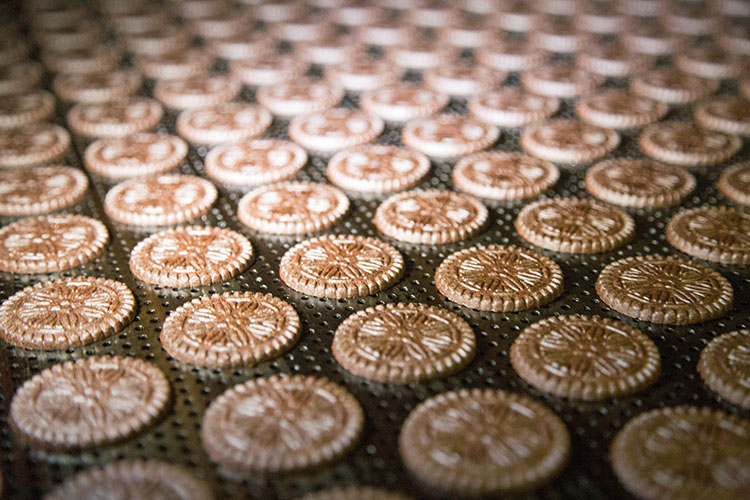
A tight, steel belt on energy spending
Spending energy with the utmost caution is not a present-day, circumstantial trend. Energy savings and sustainability improvements start in the oven.
Spending energy with the utmost caution is not a present-day, circumstantial trend. Energy savings and sustainability improvements start in the oven.
IPCO will highlight opportunities for greater baking, cooling and conveying productivity at Gulfood Manufacturing. The Swedish company has a local sales and service network for the Middle East markets.
The 30th edition of südback lines up the best and latest solutions for bakery, confectionery, coffee, chocolate, logistics, training and more. International exhibitors are bringing the latest developments for the baking and confectionery industries to südback; several competitions will crown this year’s excellence in craftsmanship and innovation, and a full agenda of forums will be hosted for knowledge sharing.
Energy consumption is undisputed at the top of the industry’s concerns and efforts for improvement. Tunnel ovens offer opportunities to go the extra mile on the path to resource savings.
Making its debut on the best stage for a first impression, at iba, the new, compact IMPRESSA bread line developed by FRITSCH for industrial production manages to save 20% of the floor space – about 5 m. This was accomplished, in part, by new sheeting technology incorporated in the revised Soft Dough Sheeter (SDS) and the new Soft Dough Roller (SDR).
IPCO is preparing to showcase its steel belts and complementary equipment at iba this October. Marko Leber, General Product Manager, Food, IPCO, shared with us what visitors can look forward to at the stand and the company’s focus for the upcoming years.
IPCO is exhibiting under an overarching theme, ‘We Love Food’, highlighting the benefits that the company’s steel belts and associated equipment bring to the baking process and the quality of the end product.
Cleaning is an essential aspect of belt maintenance. It is important in terms of complying with food regulations as well as ensuring visually appealing baked goods.
Energy efficiency may be just part of the equation when selecting a type of belt, but it is an increasingly important one given the dramatic rise in energy costs that the world is currently experiencing.
Conveyor systems work under demanding conditions in bakeries. Maintaining them in top shape is the first step to efficiency in production; upgrades will then guarantee optimum performance in handling processes for truly competitive-level manufacturing.
Maintaining a conveying system in its fully operational capacity is a prerequisite in increasing efficiency; upgrading it is then the next goal.
Baking ovens can account for as much as 45% of a bakery’s overall energy consumption; of this, as much of 25% is used to heat the conveyor belt, which is why maximum efficiency is not only recommended but necessary.

